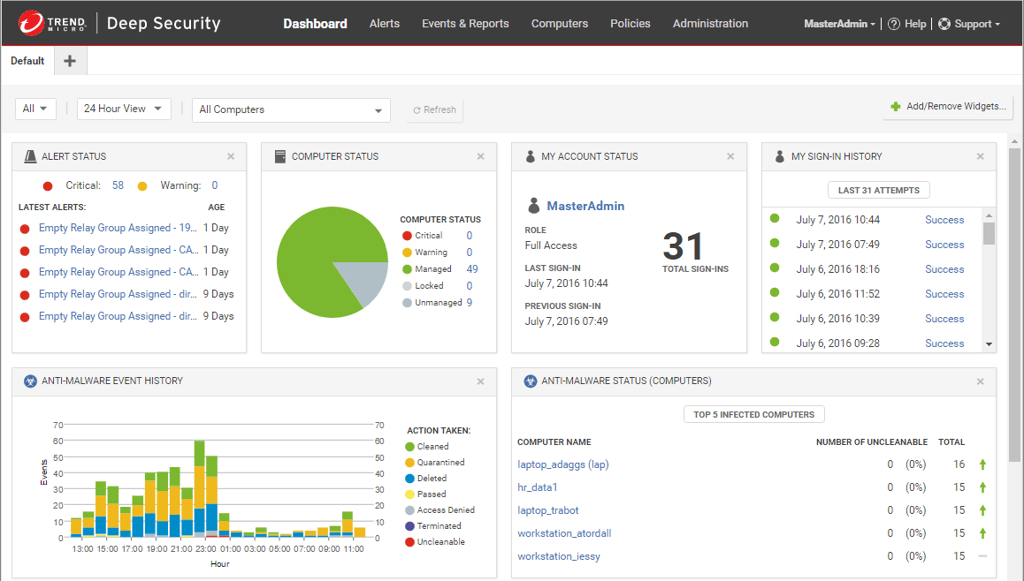
Beyond Protection: Security as a Business Enabler

Keeping up with and fending off cybersecurity threats is a daily topic for all organizations, but for health care providers and systems, failure in that regard can result in much more dire results than a financial or reputational loss. It can result in bodily harm or death. It’s possible that you could draw a line to such severe consequences in other industries and lines of work, but for the health care industry, that added layer of urgency is always present in cybersecurity protections.
A large research project devoted to determining how best to protect patient health while maximizing use of digital tools and resources, named IMMUNE-SECURE, got a boost in attention from health care IT organizations and other technologists with the announcement today that Dr. Larry Ponemon, well-known in IT circles for his work through the Ponemon Institute, has joined the advisory board for the project.
In a statement on the announcement, Ponemon said:
“This study is laser-focused on protecting patients, by not just identifying the vast array of security challenges in health care, but also by articulating the path forward for the providers and business associates to provide better security. As that mission dovetails so closely with my own mission, I jumped at the opportunity to join the advisory board of this landmark piece of research.”
Consultancy Independent Security Evaluators is administering the research, and Executive Partner Ted Harrington says of the 20-month-long project:
“While much of the emphasis on security in health care to-date has focused on protecting patient data, there has been a glaring omission in the focus on protecting patient health.”
The overall goal of the project is to develop a uniform threat model and security blueprint that will be used to harden hospital infrastructure security across the U.S. These models will be compiled with information from literature surveys, use cases from the industry, white-hat hacking, and input from as many health care organizations as possible through the anonymous hospital infrastructure security survey, which covers facilities, organizational structure, budgeting, policies and procedures, networks, third-party partners, and security strategies currently in place.
A date for release of the results and models from the research has not yet been set.
Kachina Shaw is managing editor for IT Business Edge and has been writing and editing about IT and the business for 15 years. She writes about IT careers, management, technology trends and managing risk. Follow Kachina on Twitter @Kachina and on Google+









